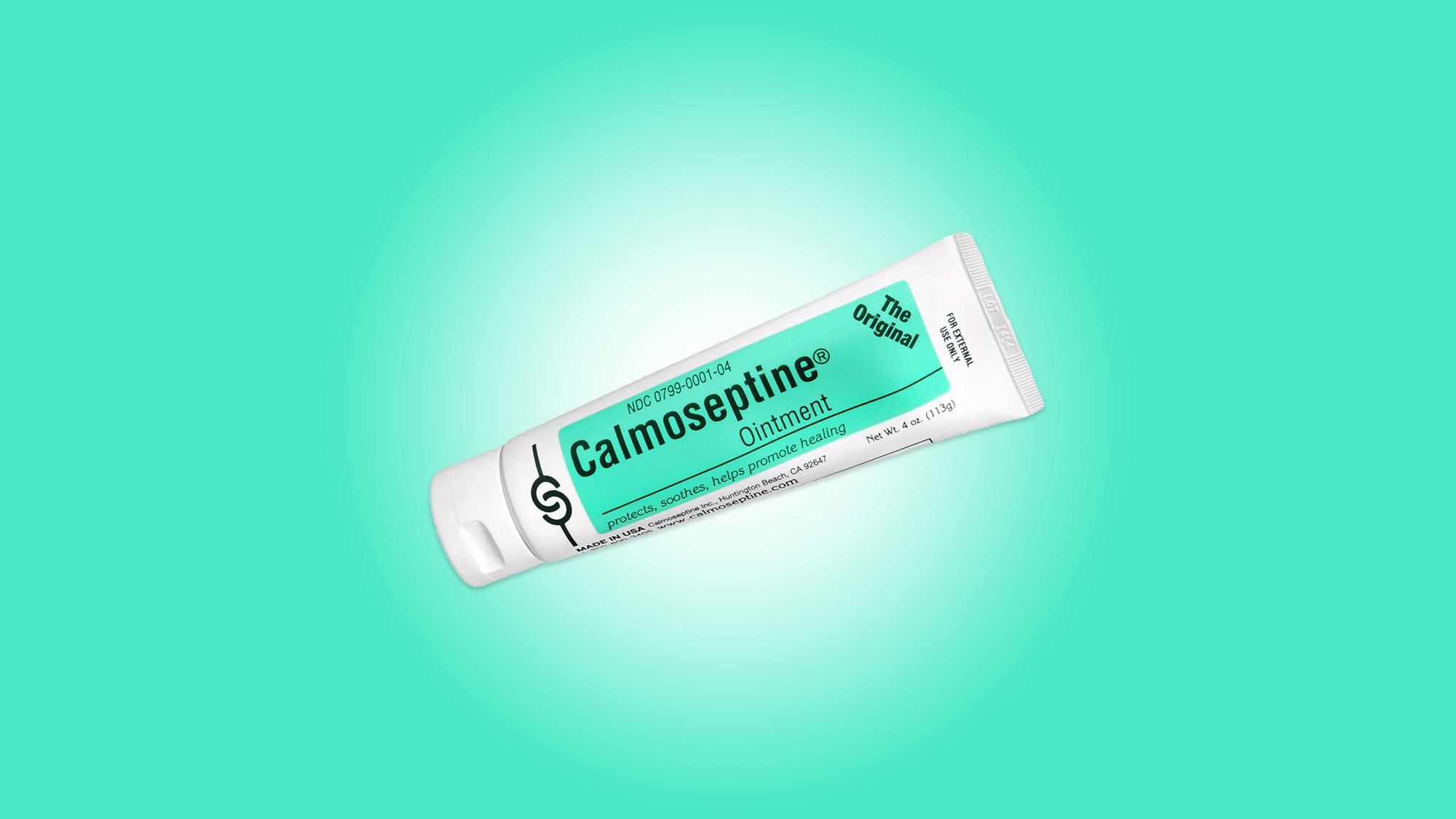
Ointments have been around for centuries, offering relief and healing for various skin conditions. But what exactly makes them so special? Ointments are semi-solid preparations that are applied to the skin to deliver medication or provide a protective barrier. They are typically made from a combination of oils, waxes, and other ingredients that help to soothe, moisturize, and protect the skin. Unlike creams or lotions, ointments are thicker and more occlusive, meaning they create a barrier that helps to lock in moisture and keep out irritants. This makes them particularly effective for treating dry, cracked, or irritated skin. Whether you're dealing with a minor cut, a rash, or a chronic skin condition, ointments can be a valuable addition to your skincare routine.
What is Ointment?
Ointments are semi-solid preparations used for external application to the skin or mucous membranes. They are designed to deliver medication directly to the affected area. Here are some fascinating facts about ointments.
-
Ointments are typically greasy. They contain a high percentage of oil, which makes them thick and sticky. This helps them stay on the skin longer.
-
They provide a protective barrier. The greasy nature of ointments forms a barrier on the skin, protecting it from moisture and irritants.
-
Ideal for dry skin. Because of their high oil content, ointments are excellent for treating dry, cracked skin.
-
Slow absorption rate. Ointments are absorbed more slowly than creams or lotions, making them suitable for prolonged treatment.
-
Used in various medical fields. Dermatology, ophthalmology, and even veterinary medicine use ointments for different treatments.
Types of Ointments
Ointments come in several types, each with unique properties and uses. Understanding these types can help in choosing the right one for specific needs.
-
Hydrocarbon bases. These are the most common and include petroleum jelly. They are occlusive, meaning they trap moisture in the skin.
-
Absorption bases. These can absorb water, making them useful for incorporating aqueous solutions into ointments.
-
Water-removable bases. Also known as creams, these are easier to wash off and are less greasy.
-
Water-soluble bases. These contain no oil and are completely washable with water.
-
Medicated ointments. These contain active ingredients to treat specific conditions like infections, inflammation, or pain.
Historical Uses of Ointments
Ointments have been used for centuries in various cultures for medicinal and cosmetic purposes. Let's explore some historical facts.
-
Ancient Egypt. Egyptians used ointments made from animal fats and plant oils for healing wounds and embalming mummies.
-
Greek and Roman times. Physicians like Galen formulated ointments for treating skin conditions and wounds.
-
Medieval Europe. Herbal ointments were common in medieval medicine, often made by monks in monasteries.
-
Traditional Chinese Medicine. Ointments made from herbs and minerals have been used for thousands of years in China.
-
Native American remedies. Indigenous tribes used ointments made from natural ingredients like beeswax and plant extracts.
Modern Applications of Ointments
Today, ointments are used in various ways, from medical treatments to cosmetic applications. Here are some modern uses.
-
Antibiotic ointments. These are used to prevent infections in minor cuts, scrapes, and burns.
-
Steroid ointments. Used to reduce inflammation and treat conditions like eczema and psoriasis.
-
Pain relief ointments. Contain ingredients like menthol or capsaicin to relieve muscle and joint pain.
-
Cosmetic ointments. Used for moisturizing, anti-aging, and other skincare purposes.
-
Tattoo aftercare. Special ointments are used to protect and heal new tattoos.
Fun Facts about Ointments
Ointments have some surprising and fun aspects that you might not know. Let's dive into some interesting tidbits.
-
Petroleum jelly was discovered by accident. In 1859, Robert Chesebrough discovered it while visiting oil rigs.
-
Ointments can be homemade. Many people make their own ointments using natural ingredients like coconut oil and beeswax.
-
Used in space. Astronauts use ointments to treat dry skin and minor injuries in space.
-
Multi-purpose. Some ointments, like petroleum jelly, have numerous uses, from treating chapped lips to lubricating machinery.
-
Animal care. Ointments are used in veterinary medicine to treat pets and livestock.
Safety and Storage of Ointments
Proper use and storage of ointments are crucial for their effectiveness and safety. Here are some important considerations.
-
Check expiration dates. Using expired ointments can reduce their effectiveness and potentially cause harm.
-
Store in a cool, dry place. Heat and moisture can degrade ointments, so proper storage is essential.
-
Patch test. Before using a new ointment, do a patch test to check for allergic reactions.
-
Follow instructions. Always follow the instructions provided by healthcare professionals or on the packaging for safe and effective use.
The Final Scoop on Ointments
Ointments have been around for centuries, offering relief and healing for various skin conditions. From ancient herbal concoctions to modern medicinal creams, they've played a crucial role in healthcare. Whether it's soothing a burn, treating an infection, or moisturizing dry skin, these topical treatments are versatile and effective.
Understanding the different types of ointments, like emollients, antiseptics, and corticosteroids, helps in choosing the right one for your needs. Always read labels and consult healthcare professionals when in doubt.
Remember, while ointments can work wonders, they aren't a cure-all. Proper usage and following medical advice ensure the best results. So next time you reach for that tube of ointment, you'll know a bit more about the magic inside. Stay informed, stay healthy, and keep your skin happy!
Was this page helpful?
Our commitment to delivering trustworthy and engaging content is at the heart of what we do. Each fact on our site is contributed by real users like you, bringing a wealth of diverse insights and information. To ensure the highest standards of accuracy and reliability, our dedicated editors meticulously review each submission. This process guarantees that the facts we share are not only fascinating but also credible. Trust in our commitment to quality and authenticity as you explore and learn with us.
